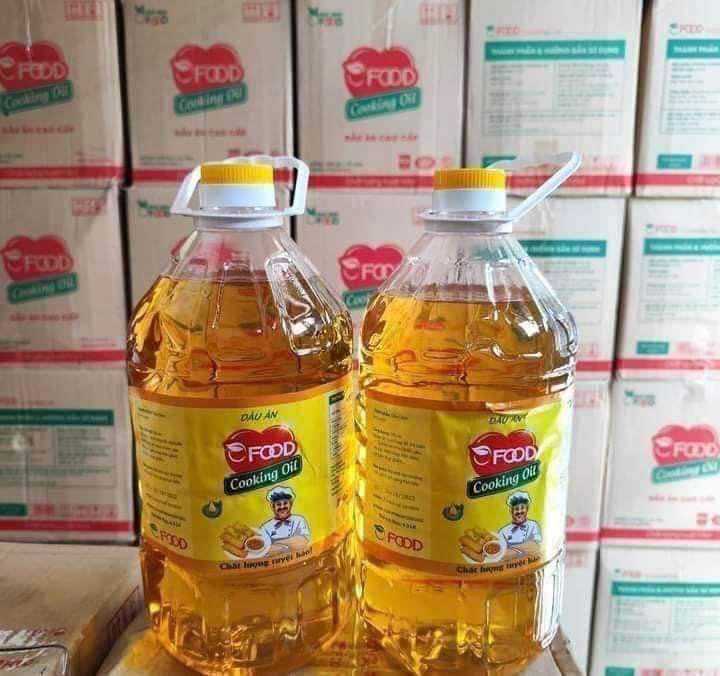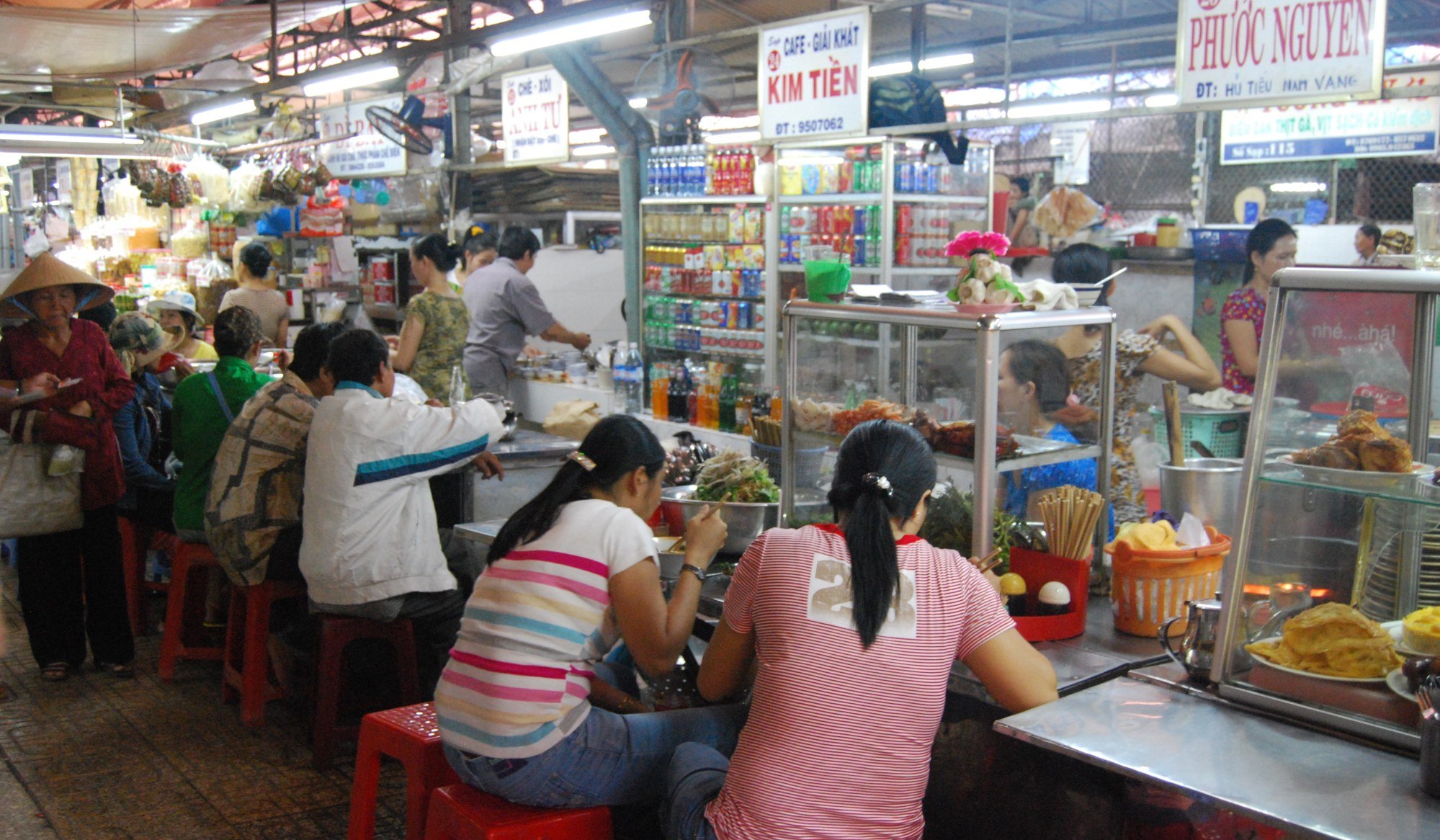Vietnam’s fake cooking oil scandal shakes trust in food safety
The criminal network raked in an estimated US$3.14 million in revenue selling the popular Ofood cooking oil over the past three years

Vietnam’s food safety authorities have issued a nationwide public health warning following a local police bust of a large counterfeit oil operation secretly selling animal-feed oil as cooking oil to restaurants, factories and food producers across the country.
Police in Hung Yen province raided the Nhat Minh Food Production and Import-Export Company on Tuesday. It was allegedly repackaging imported animal feed-grade vegetable oil under the Ofood brand and selling it as cooking oil, the VnExpress newspaper reported.
“This fake cooking oil threatens public health,” an official with Vietnam’s Department of Food Safety said on Wednesday.
As animal-feed oil is often unrefined, it is not safe for human consumption and can cause poisoning, organ damage, toxin build-up and increased risk of chronic diseases if taken over a long period.
Over the past three years, the criminal network raked in an estimated 8.2 trillion dong (US$3.14 million) in revenue selling the popular Ofood cooking oil, state broadcaster Vietnam Television reported.

Initial findings show that the group sold tens of thousands of tons of this toxic oil to a wide range of consumers – from industrial kitchens and restaurants to street food vendors and traditional village snack and sweet shops.
The syndicate made its money by exploiting price differences, selling human-grade cooking oil for roughly 17 per cent more than animal-feed oil, according to VietnamNet news portal. It also managed to avoid paying taxes as edible oil is subject to an 8 per cent value added tax while animal-feed oil is tax exempt.
The operators used underground pipelines to pump the oil from tanks into containers labelled for human consumption to cover their tracks. They also advertised the oil as enriched with Vitamin A – a claim debunked by lab tests.
Police seized over 900 tonnes (1,000 tons) of illegally imported oil during the raid. Charges have been filed against three suspects for producing and trading counterfeit food products and food additives, as well as smuggling.
Authorities are now urging food businesses to demand full ingredient traceability from suppliers and warn that businesses caught repurposing animal-grade ingredients for human use will face serious legal consequences.
News of the crackdown triggered widespread public outrage, with some demanding strict legal punishments.
“Is there anything left that isn’t fake these days? No wonder hospitals are overloaded … How are people supposed to survive? Where can we place our trust?” read a comment below the news coverage on online channel TBL News.
“I hope the government imposes the maximum penalty on them, charging them with mass murder,” another post read.
The revelation marks the latest in a string of food safety scandals that have come to light in recent months, according to VietnamNet.
On April 11, police uncovered a large-scale fake milk operation. While the milk powder was real, the company’s claim that it was enriched with high-grade ingredients like bird’s nest extract and cordyceps was not.
A fortnight later, authorities seized 71,000 litres (18,700 gallons) of fake cooking oil, 36 tonnes (40 tons) of fake monosodium glutamate, 20 tonnes (22 tons) of imitation seasoning granules and 8 tonnes (9 tons) of counterfeit flavoured salt in an industrial estate in central Vietnam.
The flood of counterfeit goods prompted Health Minister Dao Hong Lan to say on May 23: “People are genuinely confused. They go to the market and can’t tell which products are licensed for sale and which are counterfeit or fake.”